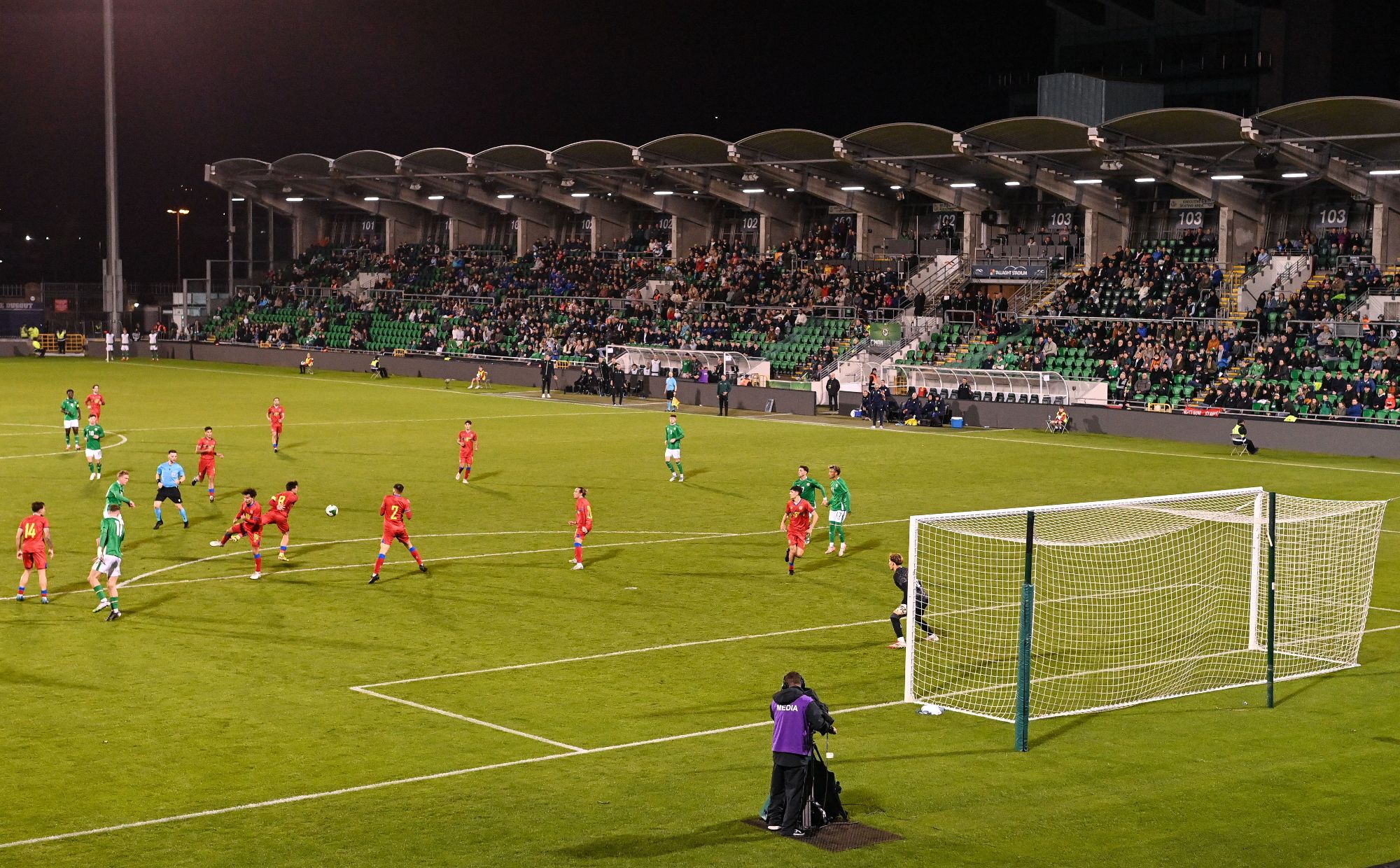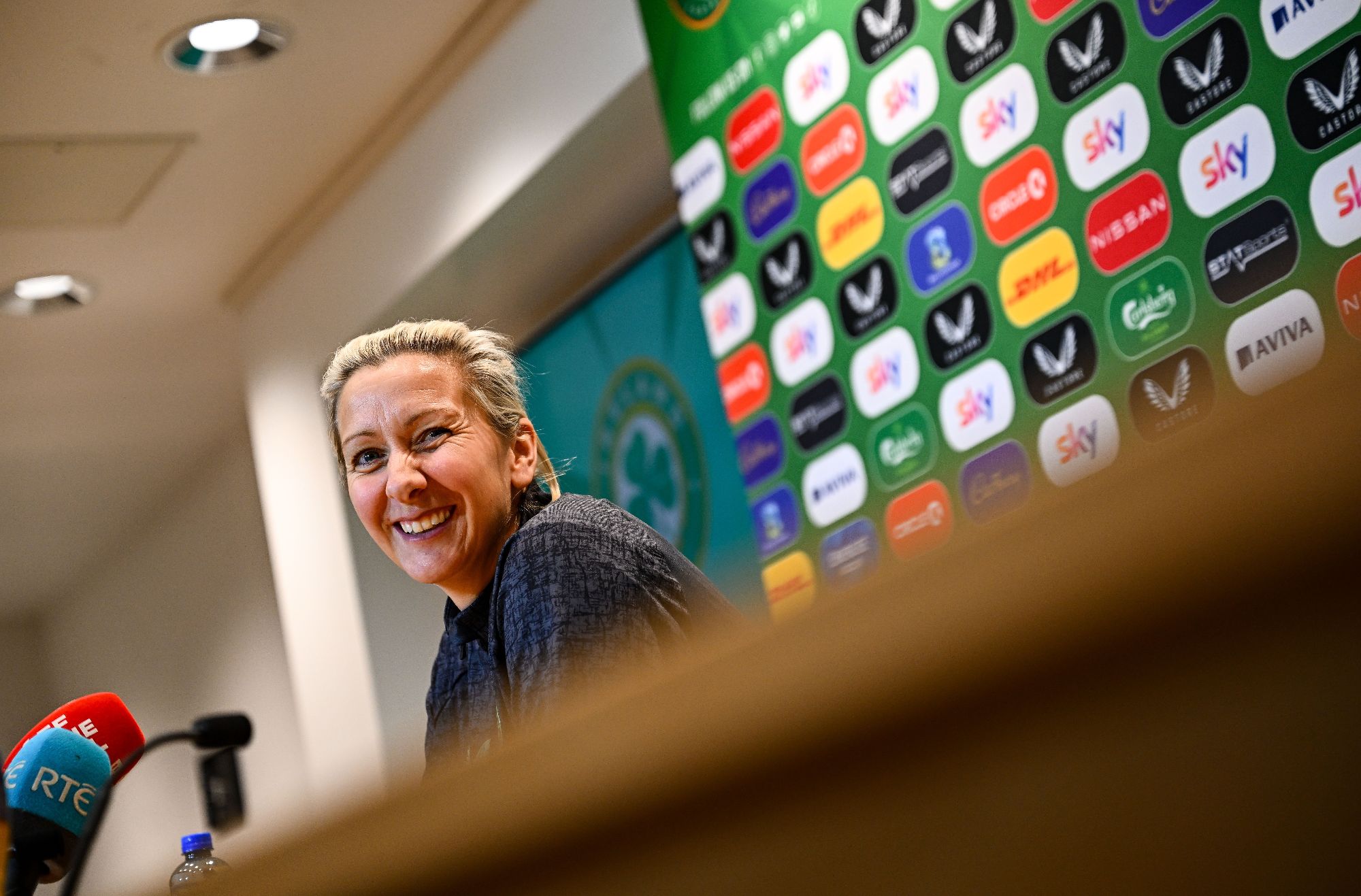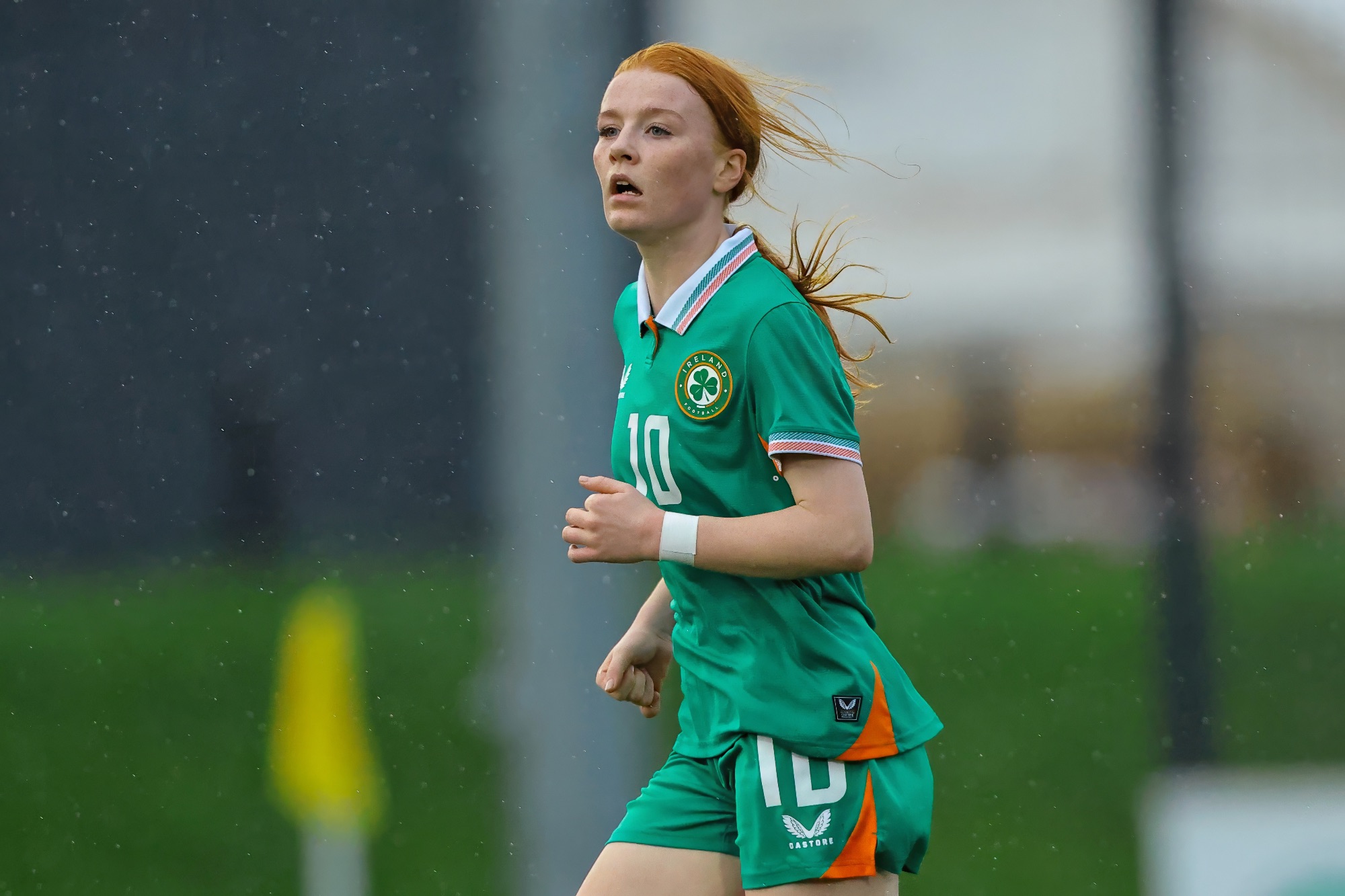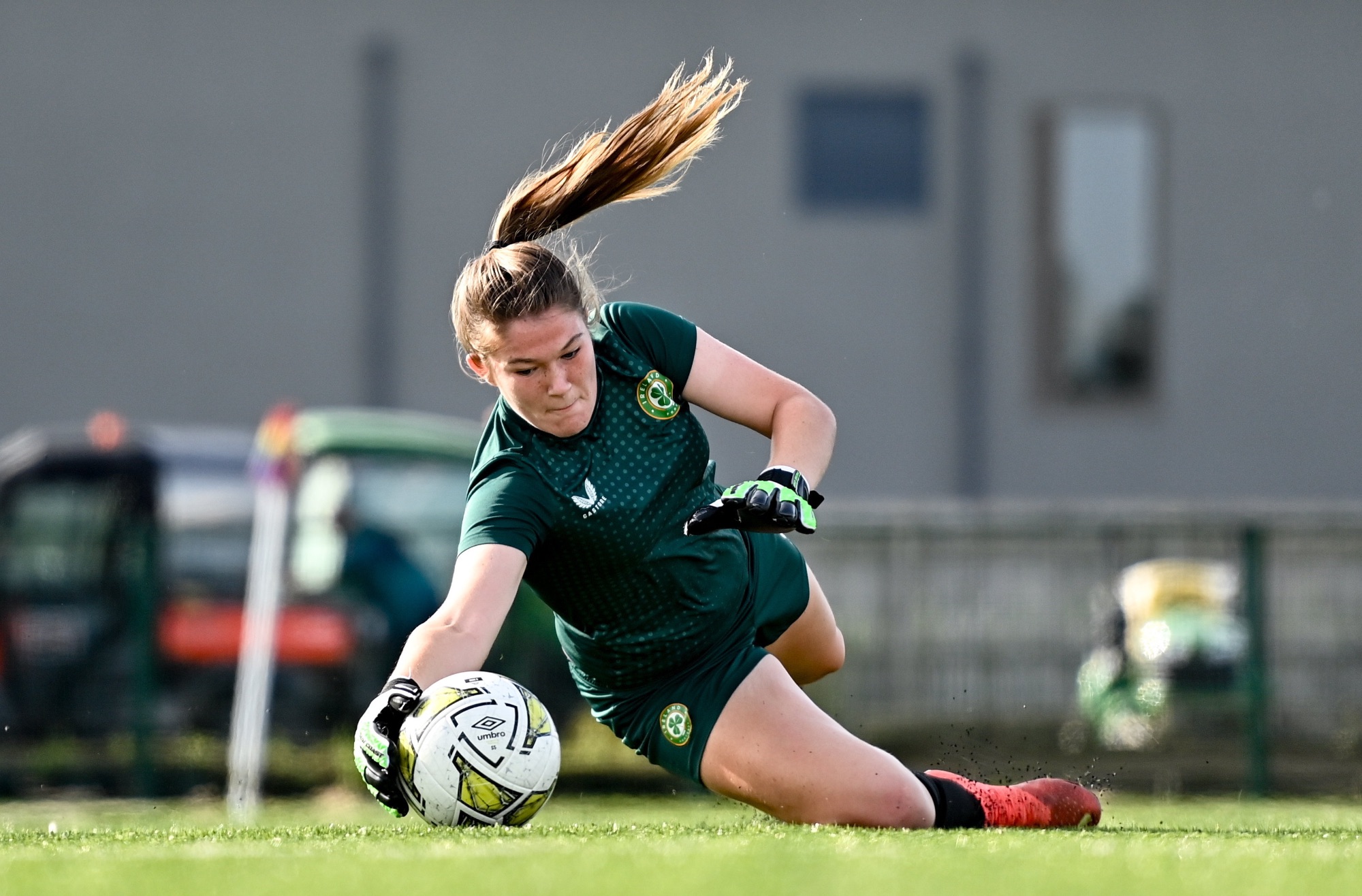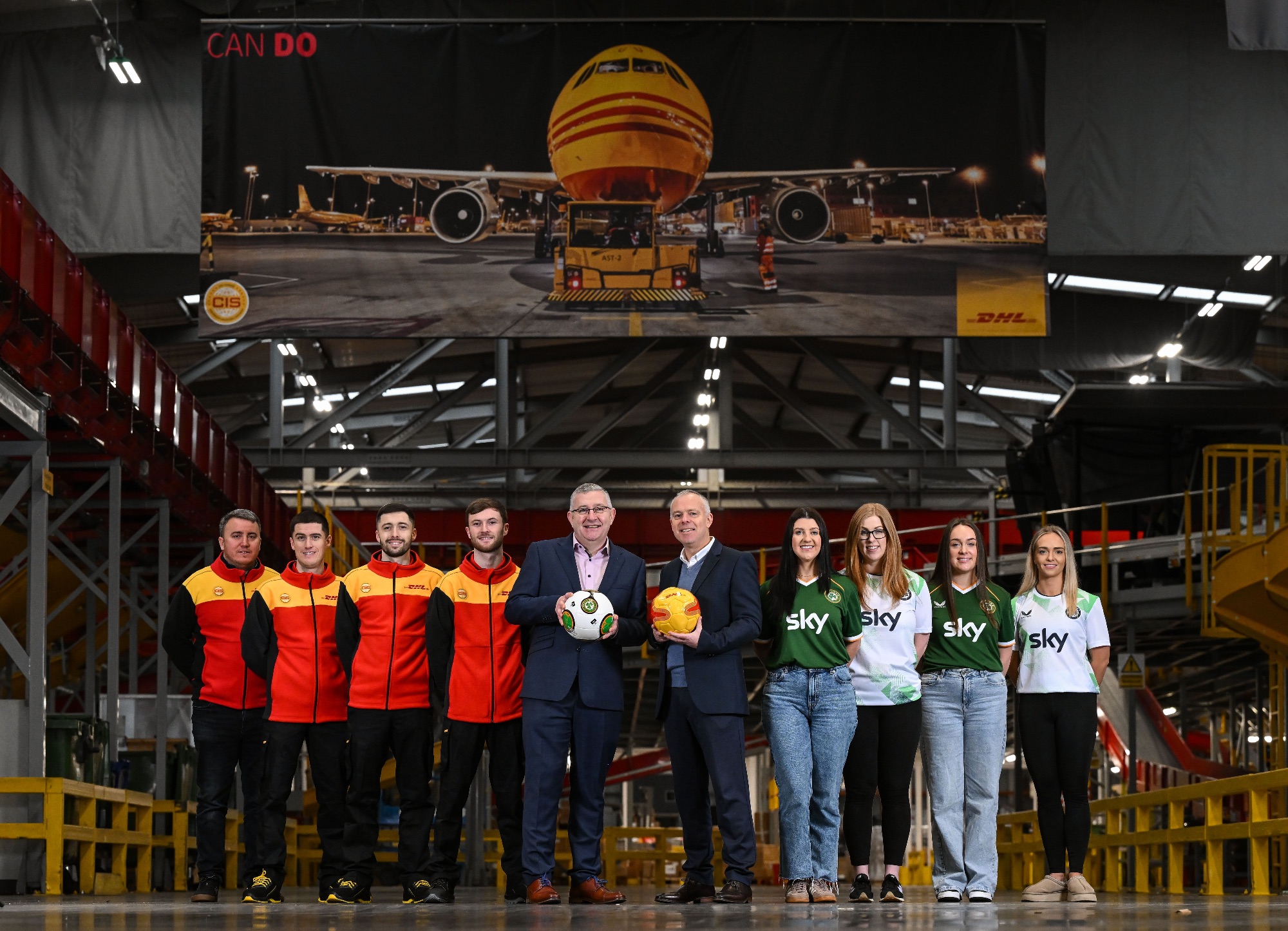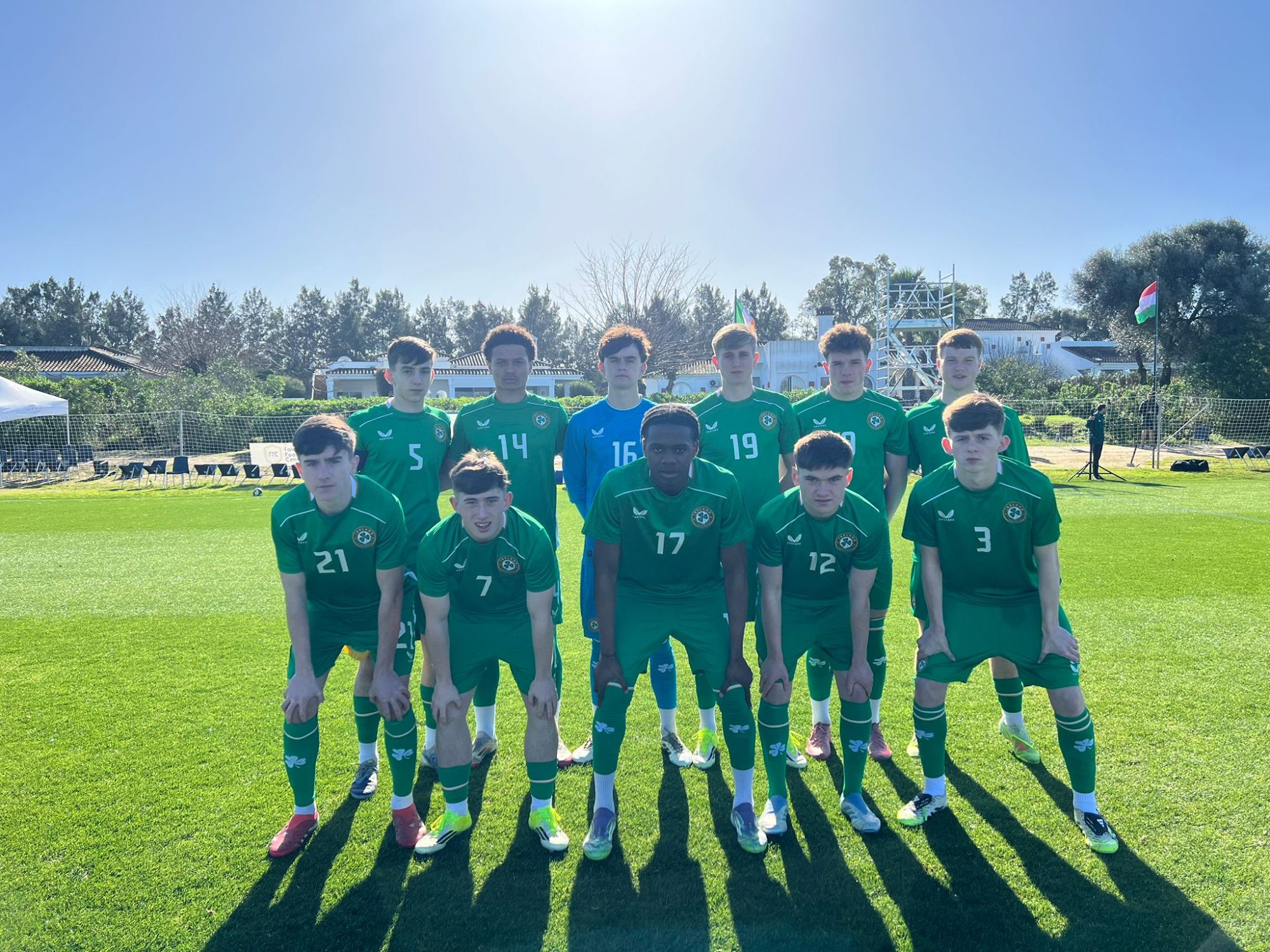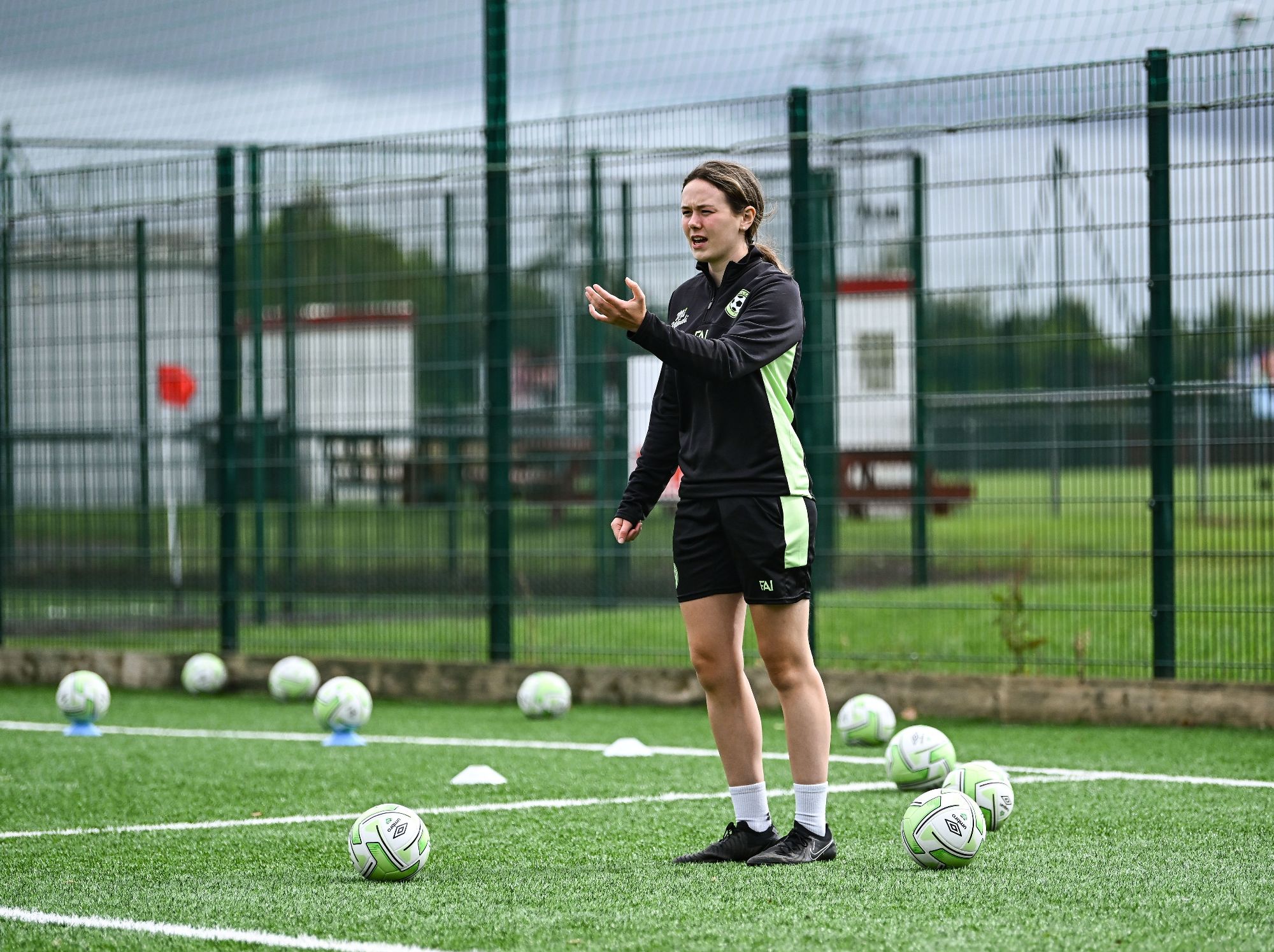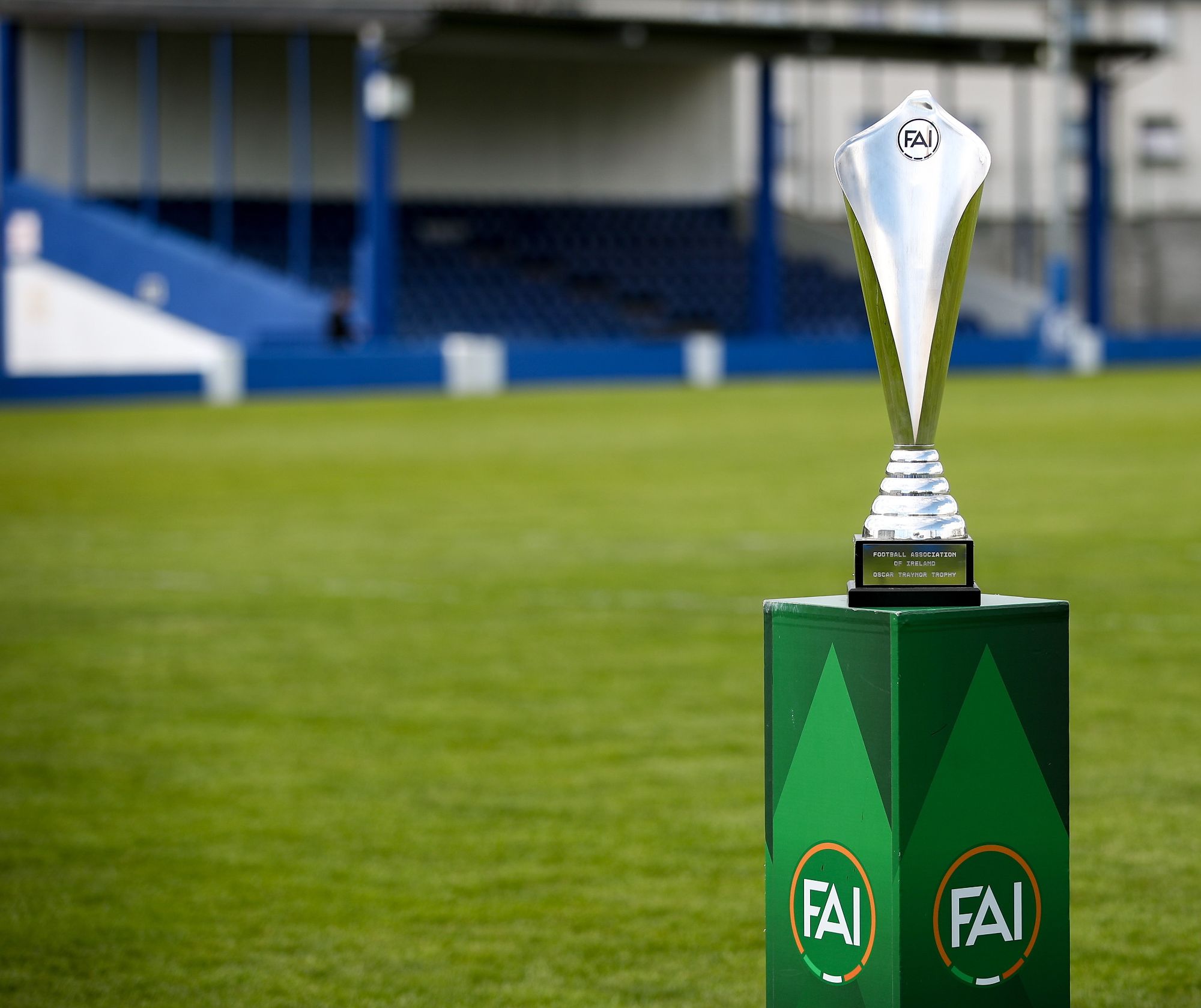-
- NationalPlay
- Play and Participate
- Women and girls football
- Safeguarding
- Players
- Coaches
- Referees
- Volunteers
- Leagues and clubs
- Football Pathways Plan
- In Her Boots in Partnership with AVIVA
- Grassroots Newsletter
ClubsSafeguard- Clubs/Volunteer
- Players
- Parents
- Referees
- Safeguarding framework
- Reporting concerns
- Safeguarding resources
- External Support
- Safeguarding courses
- FAI Garda Vetting
MenuDublin’s Hosting of UEFA Europa League Final Delivers €17 Million Economic Boost for Ireland
May 21 2025

Dublin's successful hosting of the 2024 UEFA Europa League Final has delivered a significant €17 million boost to the Irish economy, according to a newly-released Impact Report. The comprehensive analysis, prepared by EY, underscores the substantial economic and societal benefits generated by the showpiece event held at the Dublin Stadium.
The report reveals that the final contributed €17 million in Gross Value Added (GVA), fuelled by a total spend of €10 million from visiting attendees to Ireland. Furthermore, the event supported almost 300 full-time equivalent jobs, showcasing its considerable impact on employment. This triumph was achieved through robust collaboration between the Football Association of Ireland (FAI), the Government of Ireland, Dublin City Council and other key partners, all pivotal to its flawless delivery.
The thrilling final, which saw Italian Serie A side Atalanta triumph over German Bundesliga champions Bayer Leverkusen, captivated a sold-out Dublin Stadium crowd of 47,000 and, notably, 54% of these attendees were international visitors, highlighting Dublin's appeal as a major international sports events destination. The seamless execution and warm welcome extended to thousands of overseas fans not only ensured a memorable experience but also cemented a lasting positive impression of the city on the global stage.
The EY Impact Report further details the wide-ranging positive outcomes spanning economic, tourism, commercial, social, and sustainability perspectives. These successes stem directly from the exceptional level of cooperation within the Local Organising Committee, where the FAI played a key stakeholder role.
Key Highlights from the Impact Report:
Global Reach: 189 million total impressions across social media platforms.
Record Viewership: A staggering 49.5 million fans watched the Final on television – a new competition record.
Fan Engagement: 34,023 fans immersed themselves in the atmosphere at the UEFA Fan Festival.
Visitor Influx: 25,400 international match attendees travelled to Dublin specifically for the Final.
Volunteer Power: Nearly 500 dedicated volunteers contributed an incredible 12,000 hours of service.FAI CEO David Courell stated: “Beyond delivering a superb event broadcast to almost 50 million people worldwide, showcasing the Dublin Stadium as a world-class venue and Dublin as a fantastic host city, we are immensely proud that the 2024 UEFA Europa League Final has made such a valuable contribution to the Irish economy. It was crucial for us to surpass the impact of our previous hosting in 2011. These figures, demonstrating a €17 million economic benefit and significant job support, affirm that success. This achievement cements a powerful legacy as we look ahead to co-hosting UEFA EURO 2028.
“This Impact Report unequivocally proves Ireland's capability to successfully stage major international footballing events that directly benefit our economy and society, and a big thank you to Government and all local delivery partners for their support in delivering such a successful event that welcomed one of the biggest games in world football to Ireland.”
Dublin City Council CEO, Richard Shakespeare, commented: "The 2024 UEFA Europa League Final in Dublin was a triumph of strategic planning and collaborative spirit. The seamless execution of such a large-scale event is a significant credit to all involved and powerfully highlights Dublin's capacity as a premier host for major international events. The warmth and hospitality extended to visitors from Italy, Germany and beyond were exceptionally well received, setting a high standard for future events in our city."
Minister for Arts, Media, Communications, Culture & Sport, Patrick O’Donovan, said: “I welcome the publication of UEFA’s impact report which shows that the 2024 UEFA Europa League Final was a logistical and commercial success that provided a significant return on state investment. I am pleased to note the positive economic impact of hosting the event in Dublin and its successful delivery further enhances Ireland’s role globally as a destination to host major international sports events.”
Minister of State for Sport and Postal Policy, Charlie McConalogue, said: “The 2024 UEFA Europa League Final was a magnificent sporting spectacle and the product of a major collaborative effort. I am particularly happy to see the high level of fan engagement and the high number of volunteers who assisted with the event, without whose efforts the event would not have been possible. It augurs well for the co-hosting of the UEFA Euro 2028 tournament.”

Shop now — Official Ireland kit and merchandise
Shop nowShop now
Get closer to the action with LOITV
Watch nowWatch now
Club Ireland — Experience it all and gain benefits
Subscribe nowSubscribe nowUpdate your browser to view this website correctly. Update my browser now


